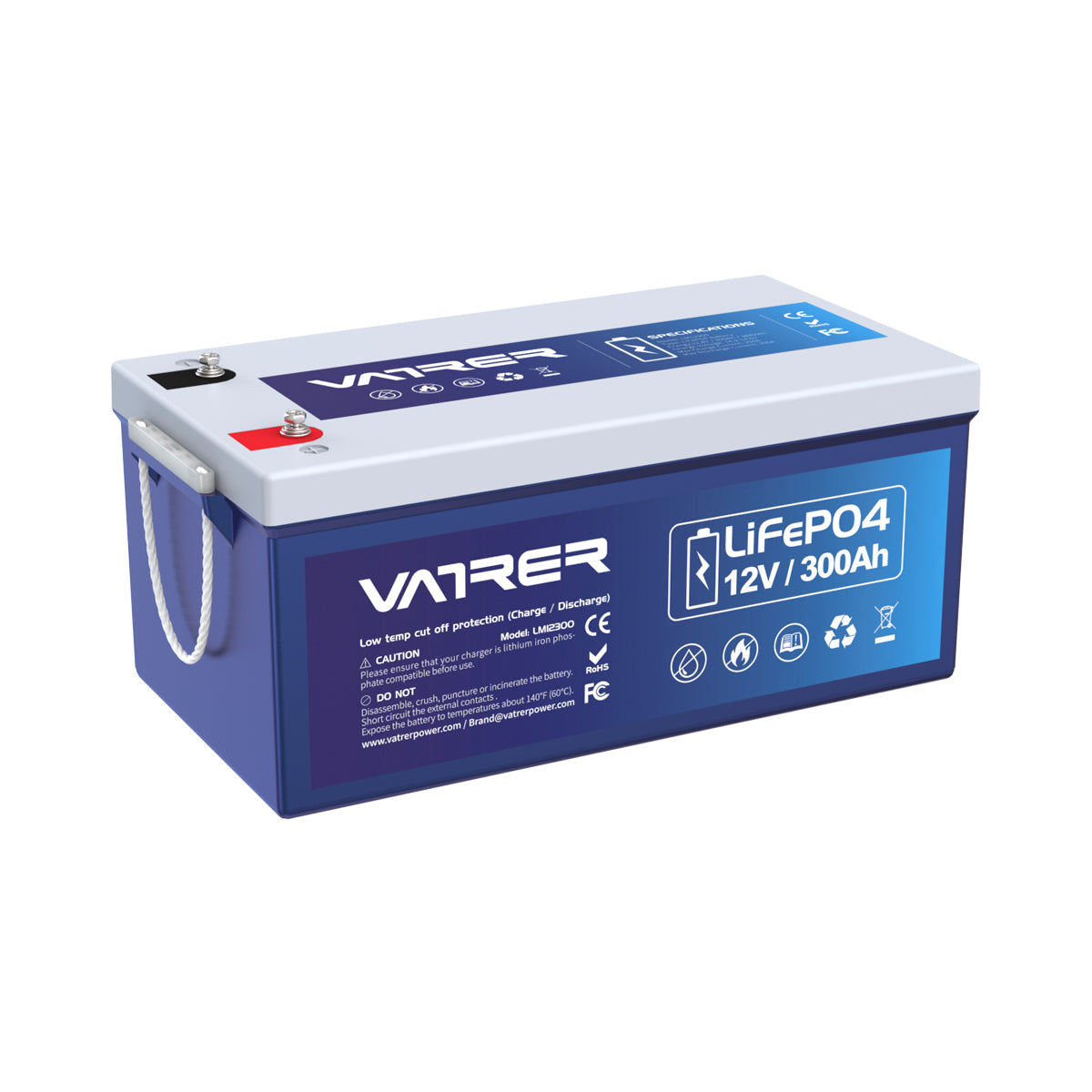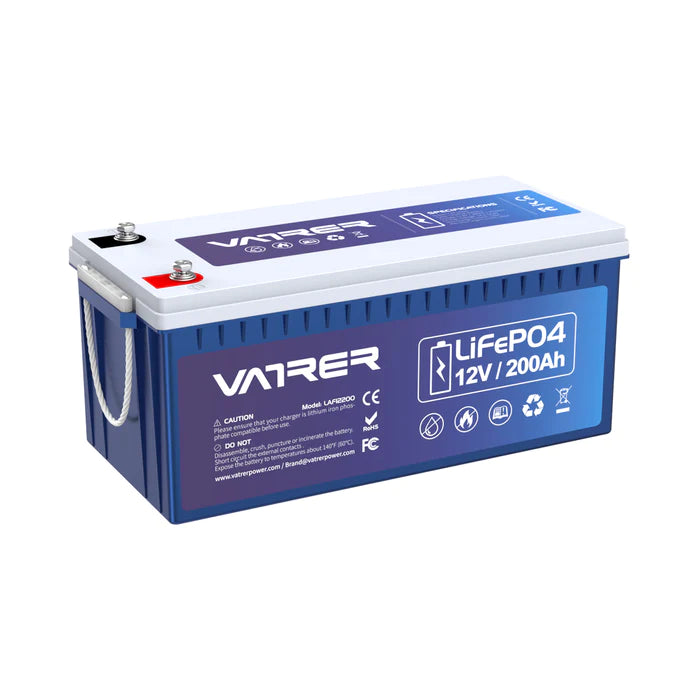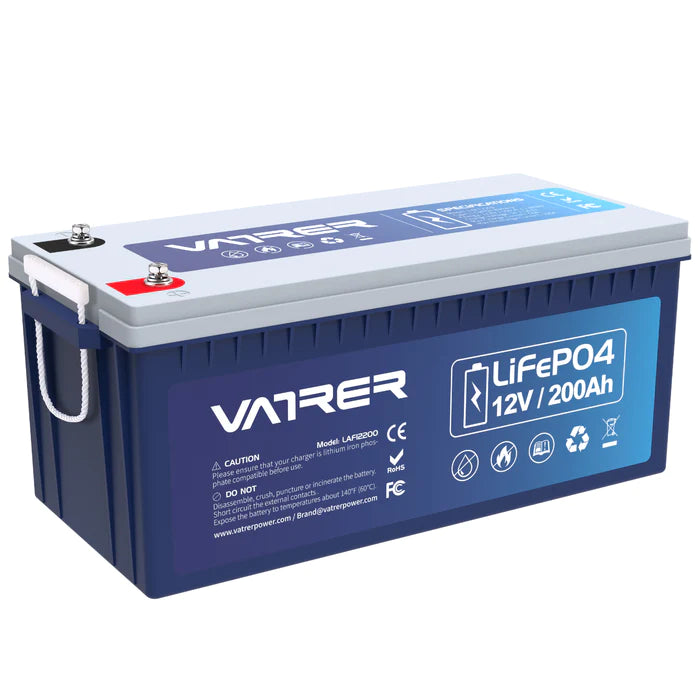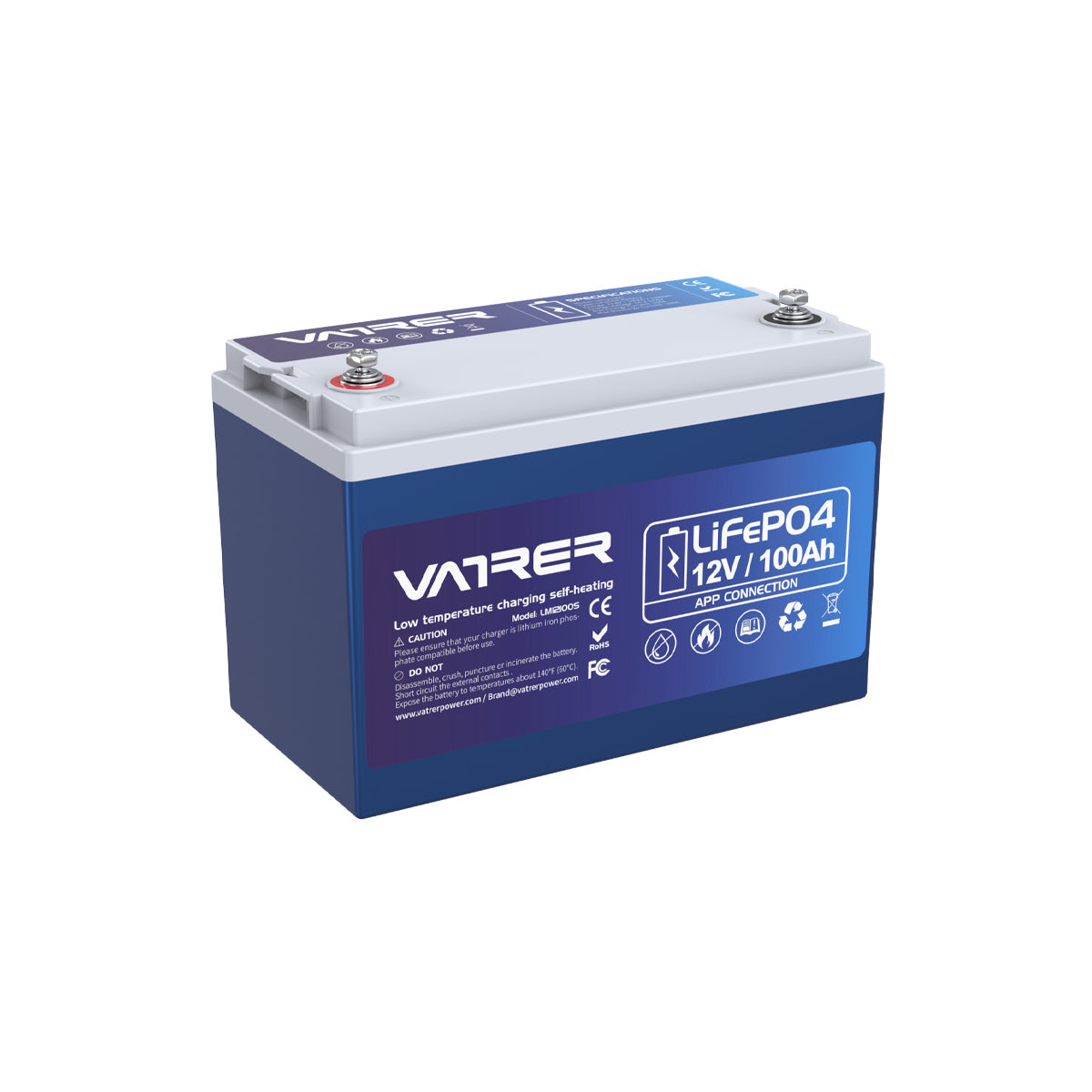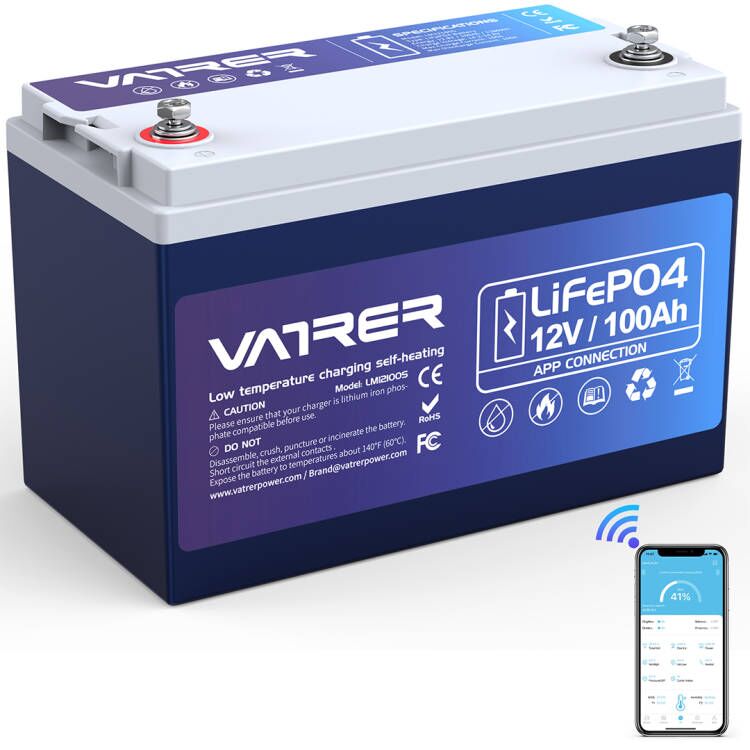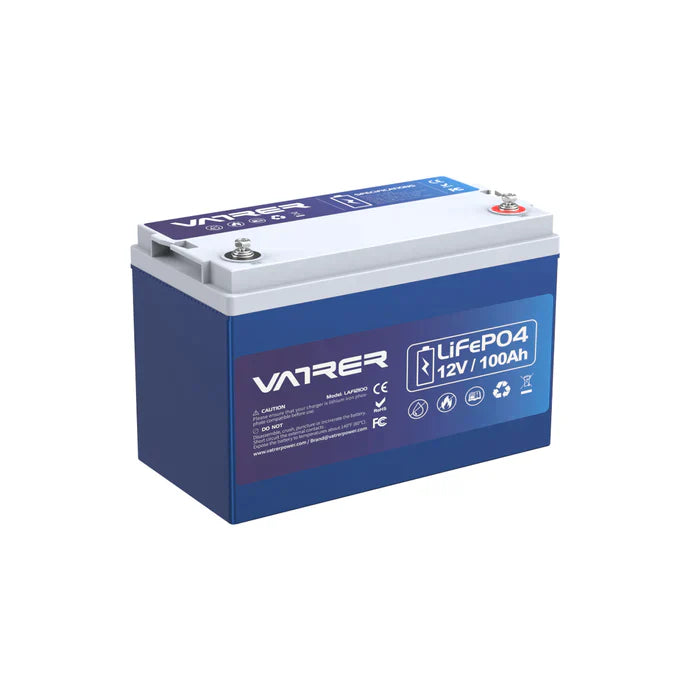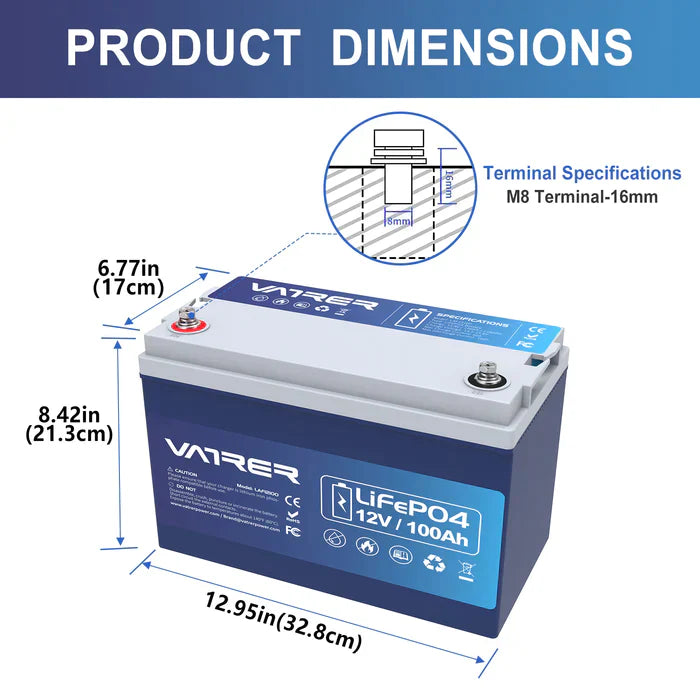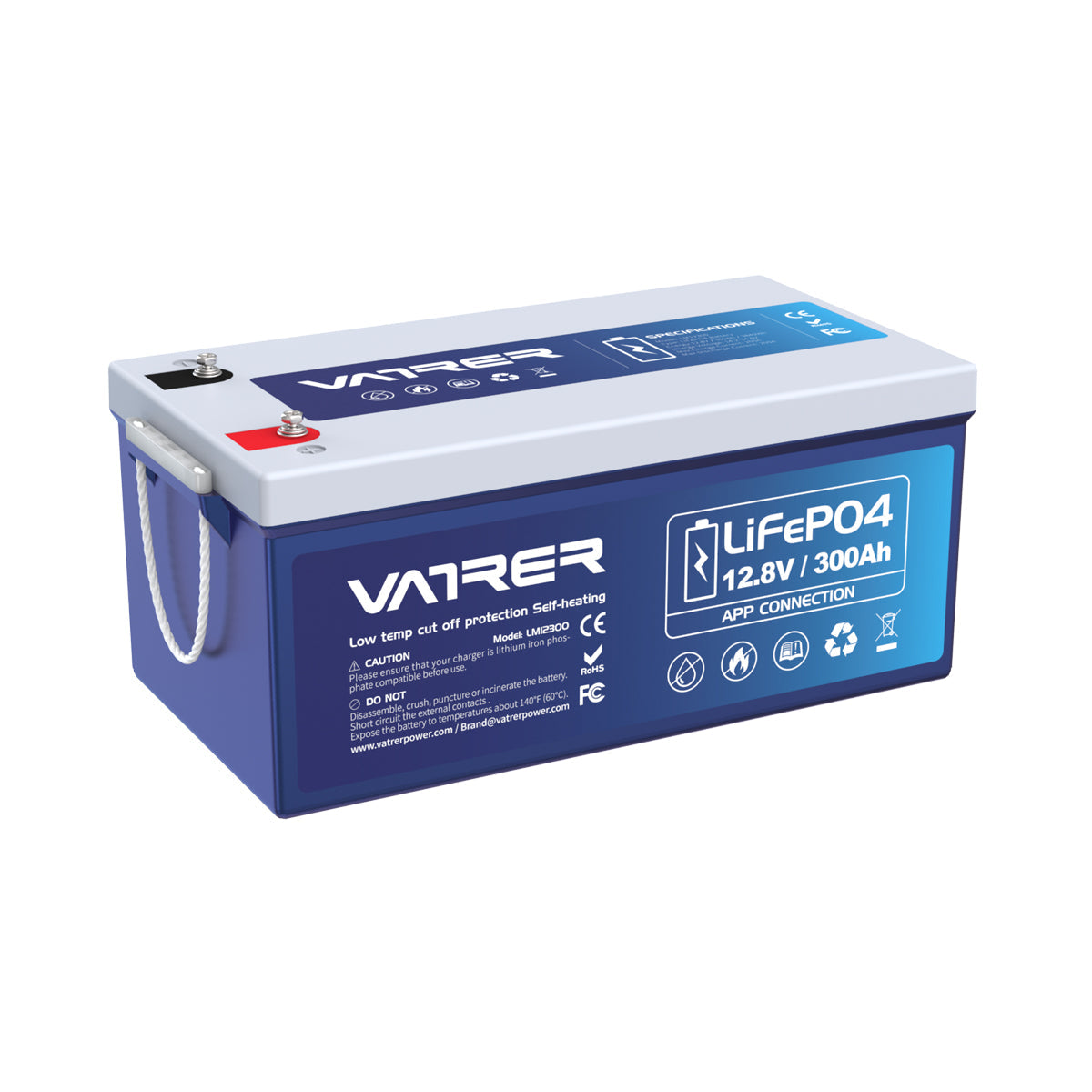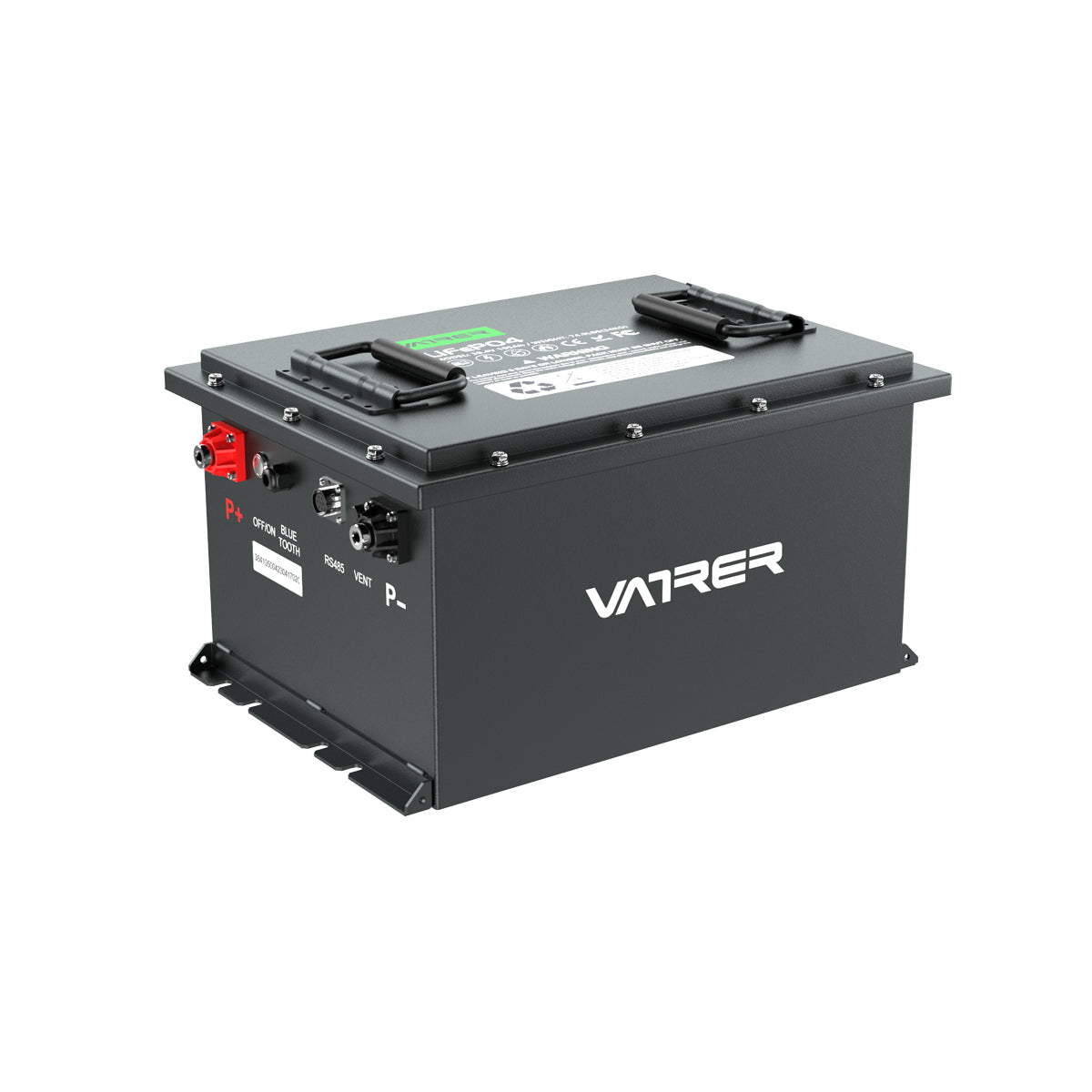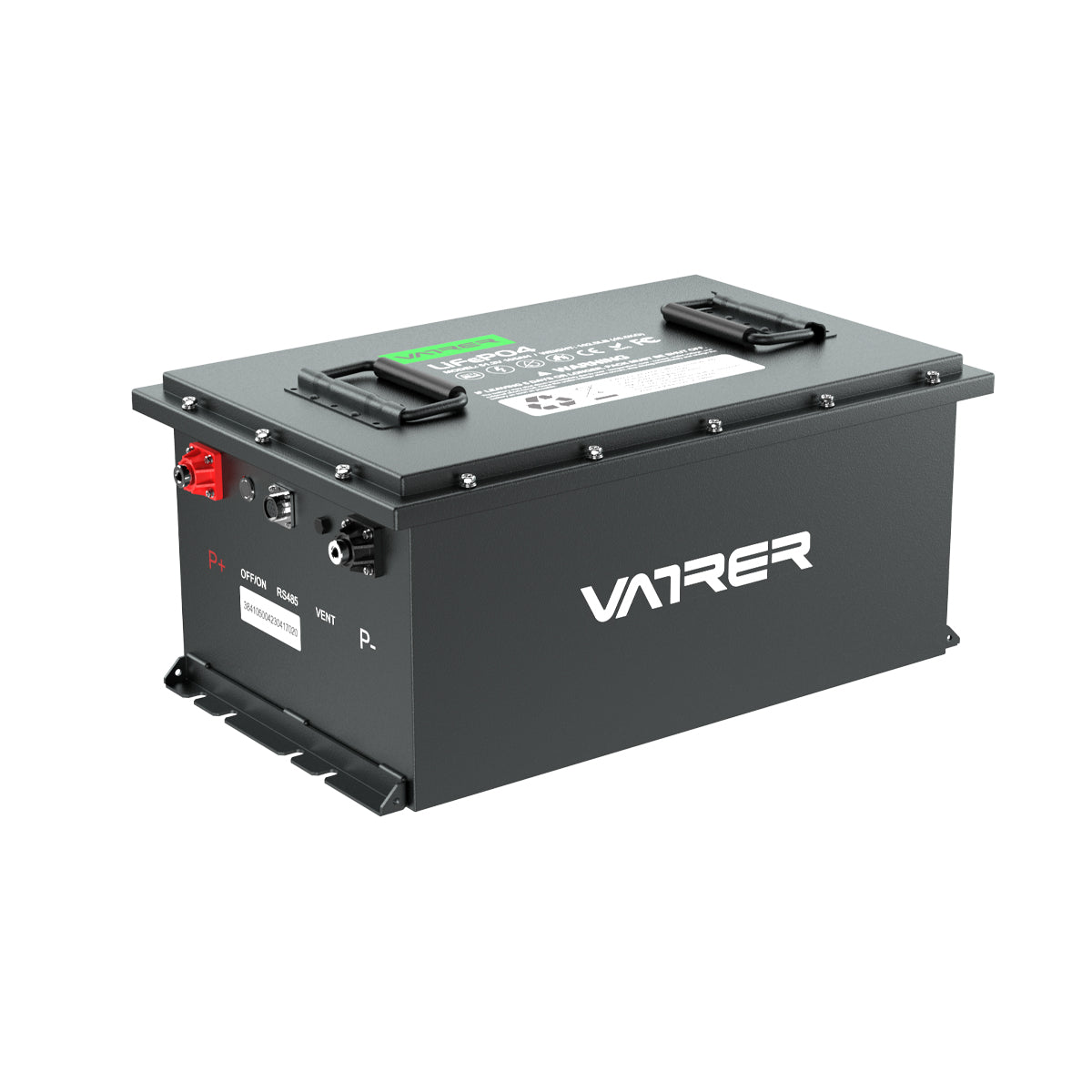Introduction
When it comes to powering vehicles, the type of battery used is a critical consideration. Many people wonder if they can use a marine battery interchangeably with a car battery. In this article, we will delve into the technical aspects and practical implications of using a marine battery in a car. Through analysis and real-world scenarios, we will determine whether it is a viable option or not.
Understanding the Differences
Construction and Design
Marine batteries are specifically designed to handle the demands of marine environments, including vibrations, shocks, and corrosive elements. They are built with thicker plates and robust internal construction to withstand these conditions. On the other hand, car batteries are designed for the starting and charging requirements of automotive engines.
Cranking Amps vs. Reserve Capacity
Car batteries are optimized for high cranking amps to provide a burst of power required to start the engine. Marine batteries, on the other hand, emphasize reserve capacity, which measures the battery's ability to power electrical accessories over an extended period without the engine running.
Compatibility Factors
Cold Cranking Amps (CCA)
In cold weather conditions, starting a car engine can be challenging. Car batteries are engineered to deliver high CCA to provide the necessary power for reliable ignition. Marine batteries, with their emphasis on reserve capacity, may not provide the same level of CCA required for efficient engine starting, especially in colder climates.
Charging Systems
Car alternators are designed to charge and maintain car batteries efficiently. However, marine batteries may have different charging requirements, such as lower charging voltages or different charging profiles. Using a marine battery in a car may not allow for optimal charging, potentially leading to undercharging or overcharging issues.
Real-World Scenario
Let's consider a scenario where a car owner decides to install a marine battery in their vehicle. Initially, the marine battery may seem to work fine, powering the electrical systems adequately. However, over time, the lack of compatibility with the car's charging system may result in insufficient charging or overcharging, causing premature battery failure.
Additionally, if the car is subjected to extreme cold weather, the marine battery's lower CCA rating may lead to difficulties starting the engine, potentially leaving the driver stranded.
Conclusion
While it may be tempting to use a marine battery in a car due to its robust construction and potential cost savings, it is generally not recommended. The differences in design, emphasis on reserve capacity over cranking amps, and distinct charging requirements make marine batteries unsuitable for optimal performance in cars.
To ensure reliable starting and electrical performance, it is best to use a battery specifically designed for automotive applications. Car batteries are engineered to meet the unique demands of vehicle engines and charging systems, providing the necessary power and longevity for smooth operation.
Ultimately, choosing the right battery designed for your vehicle type will ensure optimal performance, reliability, and safety on the road.












